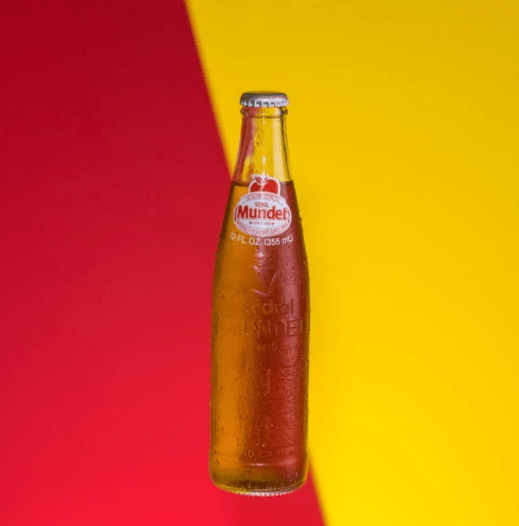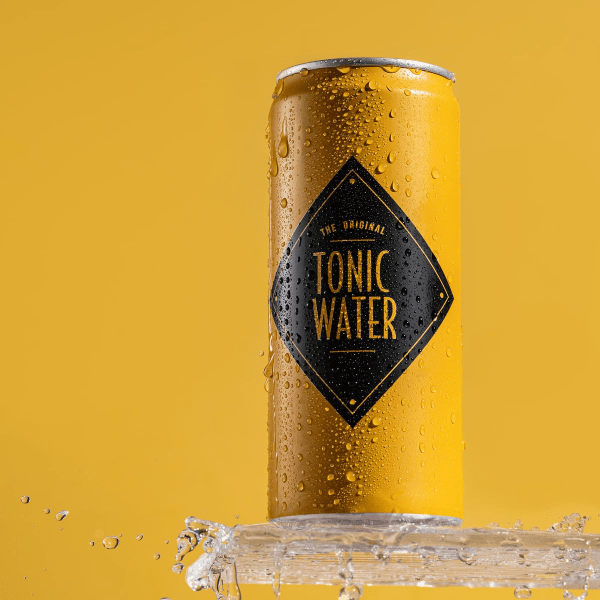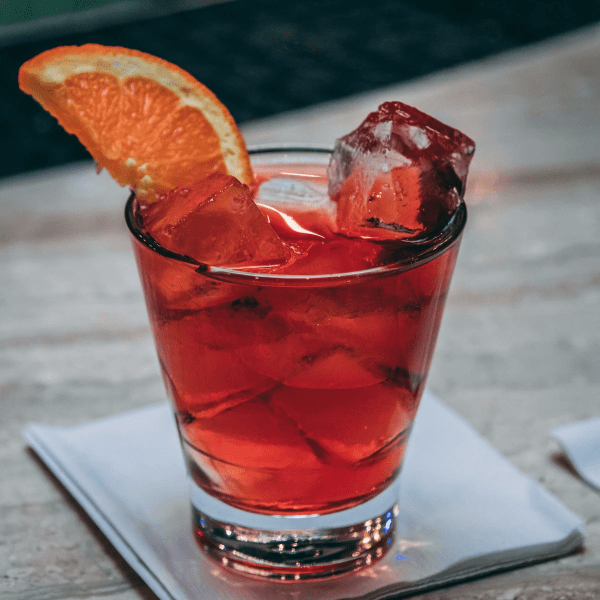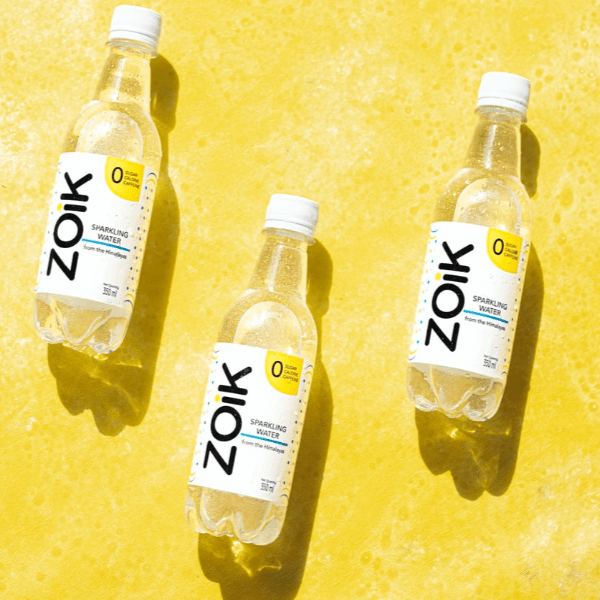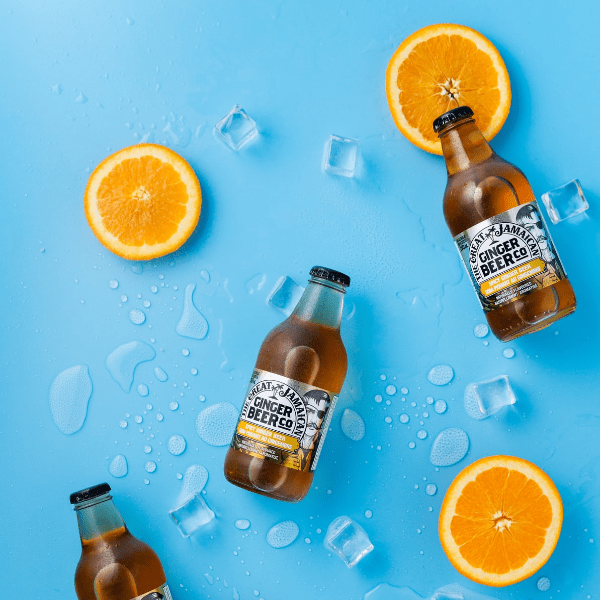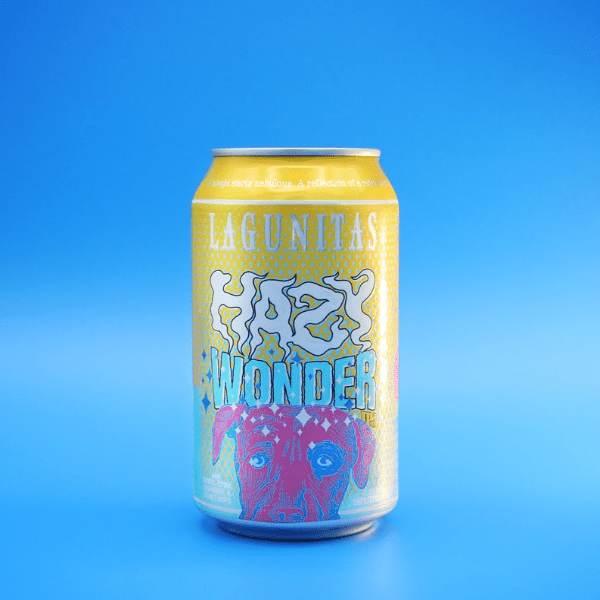
Taste the Richness, Immerse in Delight
Taste the Richness, Immerse in Delight
Taste the Richness, Immerse in Delight
Offers co-packing services, labeling and sleeving, and beverage production
Carbonated Drinks, Energy Drinks, Cocktail Drinks, Coffee, Fruit Juice, Soft Drinks, Coe, Tea, Tonic...
________________________________________________________________________________________
Carbonated Drinks
Carbonated drinks or fizzy drinks are beverages that contain dissolved carbon dioxide in carbonated water. The dissolution of CO2 in a liquid gives rise to effervescence or fizz. Carbon dioxide is only weakly soluble in water, therefore it separates into a gas when the pressure is released.
Carbonated beverages contain dissolved carbon dioxide for various reasons. From a consumer standpoint, many people find the sensation of carbonation pleasant and like the slightly different taste carbon dioxide provides. The main ingredients used in carbonated beverages are water, carbon dioxide, sweeteners, flavorings, colors, and acids. Sweeteners can be nutritive sweeteners such as sucrose and fructose or low-calorie non-nutritive sweeteners. Carbonated beverages can be divided into different categories based on many aspects. There are unflavored carbonated beverages, natural extract flavored carbonated beverages, artificial flavored carbonated beverages, and fruit juice carbonated beverages.
Carbonated beverages account for the majority of the global soft drink industry. The market for these products continues to show outstanding growth potential. In order to meet the growing market challenges and take into account the well-being and health of consumers, our company is introducing new tastes.
Energy Drinks
An energy drink is a type of drink containing stimulant compounds, usually, caffeine, which is marketed as providing mental and physical stimulation. They may or may not be carbonated and may also contain sugar, other sweeteners, herbal extracts, taurine, and amino acids.
Energy drinks are designed to increase energy and mental performance. They often contain caffeine, sugar, vitamins, amino acid derivatives, and herbal extracts.
Energy drinks are different from sports drinks, which are used to replenish water and electrolytes during or after exercise, or from brewed coffee and tea, which contain fewer ingredients and may be caffeine-free. Energy drinks also differ from soft drinks that are decaffeinated or contain relatively little caffeine. While some energy drinks are considered beverages, others, that is, those that contain food additives such as taurine or other amino acids may be marketed as dietary supplements. Examples of energy drinks include Red Bull, Monster, Rockstar, 5 hours, and Amp.
Energy drinks can help when you're sleep-deprived or tired. For example, during long late-night road trips, drivers often drink energy drinks to help them stay alert while driving. Likewise, many night shift workers use energy drinks to meet their job demands when most people are fast asleep. Several studies have shown that energy drinks can reduce mental fatigue and improve brain functions such as memory, concentration, and reaction time.
Tonic
Tonic water is often used as a drink mixer for cocktails, especially gin and tonic. Vodka tonic is also popular. Tonic water with lemon or lime juice added is known as bitter lemon or bitter lime, respectively. It is popular for its signature bitter but sweet taste, and it differs from soda water due to its additional components of quinine and sugar to carbonated water.
Tonic water is a carbonated drink with the most unique taste. It is mainly added with plant quinine, which makes the drink have a naturally bitter taste. In the early years, tonic water was mainly used for medicinal purposes, so the quinine content is high and very bitter. Today, tonic water is quite different from the original version. Manufacturers have greatly reduced the quinine content and added sugar and lemon or lime, and other fruit ingredients, which no longer have medical effects, and only retain the uniquely sweet and bitter taste of tonic water.
Tonic water is a key mixer for any home bar. After all, it's one-half of a classic gin and tonic.Hard Seltzer
Hard seltzer is a type of alcoholic beverage that is made with sparkling water, alcohol, and natural flavors. It is typically lower in calories and carbohydrates compared to traditional beer, and it is often marketed as a healthier alternative to other alcoholic beverages. Hard seltzer is generally gluten-free and can be made with a variety of natural flavors, such as lemon, lime, raspberry, and mango.
Hard seltzer is usually made by combining sparkling water, alcohol, and natural flavors. The ingredients are mixed together and then carbonated to create the characteristic fizz of hard seltzer. Some brands may also use artificial sweeteners or other additives to give their hard seltzer a specific taste or mouthfeel.
Hard seltzer has become increasingly popular in recent years, with many major breweries and beverage companies launching their own brands. Some popular hard seltzer brands include White Claw, Truly, and Bud Light Seltzer. These brands are widely available and can be found in many places, including supermarkets, convenience stores, and liquor stores.

Fruit Juice
Juice is a drink made from the extraction or pressing of the natural liquid contained in fruit and vegetables. Juice emerged as a popular beverage choice after the development of pasteurization methods enabled its preservation without using fermentation Fruit juice consumption on average increases with the country's income level.
Fruit juice usually provides the nutrients that this fruit possesses. For example, orange juice can provide rich vitamin C, folic acid, potassium, and other substances that are beneficial to the human body. Juices of various fruits contain different vitamins and other nutrients and are considered healthy drinks. In some countries, a half bottle (125 ml) of unsweetened fruit juice can be counted as the recommended two servings of fruit per day. The current fruit juice is divided into concentrated fruit juice, concentrated reduced fruit juice, and non-concentrated reduced fruit juice. Among them, concentrated reduced fruit juice is the most common. Concentrated fruit juice is blended with water and other ingredients in a certain proportion. Non-concentrated reduced fruit juice is freshly squeezed fruit juice, which has the highest quality, but it is inconvenient to store and generally expensive.

Cocktail Drinks
A cocktail is an alcoholic mixed drink. Most commonly, cocktails are either a combination of spirits or one or more spirits mixed with other ingredients such as tonic water, fruit juice, flavored syrup, or cream.
Cocktails vary widely across regions of the world.
A cocktail drink is a mixed drink containing at least two cocktail ingredients, usually based on alcohol. Cocktails usually contain a base liquor such as vodka or gin and are served with other flavoring ingredients such as fruit juice.
Some drinks are simple, involving just two liquid ingredients. Other cocktails are more complex and include base alcohol, several juices, spices, and garnishes. Still, other drinks contain ingredients like dairy, such as eggnog or chocolate.
Popular cocktail drinks include Old Fashioned, Margaritas, Cosmopolitans, Bloody Marys and Manhattans. These drinks range from sour to sweet, spicy to smooth. Some cocktails use bitter recipes, while others use only recipe ingredients.

Coffee
Coffee is darkly colored, bitter, and slightly acidic, and it has caffeine content. Coffee is one of the most popular drinks in the world and can be prepared and presented in a variety of ways e.g., espresso, French press, caffè latte, or already-brewed canned coffee.
The coffee drink is made from roasted coffee beans. Dark, bitter, and slightly sour coffee is stimulant to humans, mainly because it contains caffeine. It is the most popular hot drink in the world.
The seeds of the fruit of the coffee plant are separated to produce unroasted green coffee beans. Coffee beans are roasted, then ground into fine particles, and typically soaked in hot water before filtering to produce a cup of coffee. It is usually served hot, although cold or iced coffee is common. Coffee can be prepared and presented in a variety of ways (for example, espresso, French press, latte, or already brewed canned coffee). Sugar, sugar substitutes, milk, and cream are often used to mask bitterness or enhance flavor.
Get An Instant Quote Now
Yantai Zhuyuan Food and Beverage Production and Co-packer
Contact us to get to get a fast quotation!
NO. 149 Nandajie Zhifu Area Yantai City, Shandong Province, ChinaWhatsApp +44 7845 239331+8613054501345
About Us
We specializes in full-service food and beverage manufacturing and co-packing, partnering with brands to create great things, with flexibility and excellence.
Contact Us
Wechat: 13054501345
Whatsapp:+44 7845 239331
www.zybev.com
www.zadacs.com
© 2019
